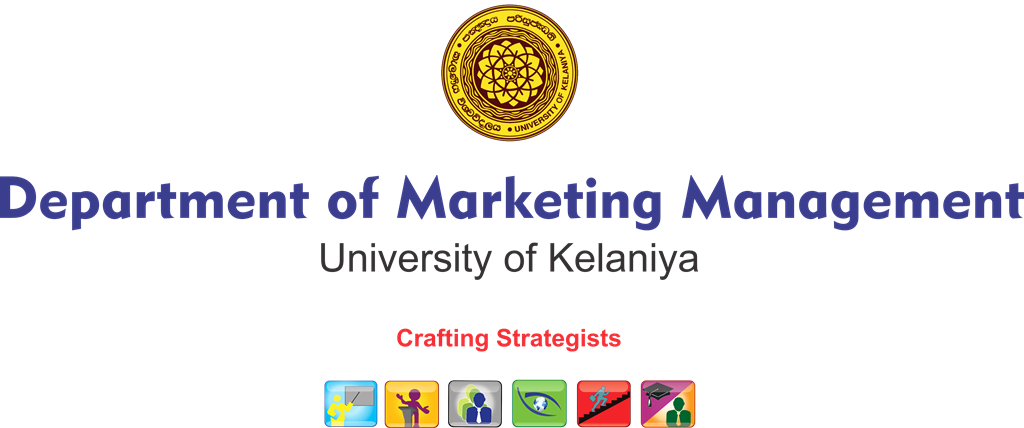- Hits: 1740
Unrealistic Optimism, Compulsive Purchasing and Debt-Stress among Credit Card Users in Sri Lanka
Unrealistic Optimism, Compulsive Purchasing and Debt-Stress among Credit Card Users in Sri Lanka
Rodrigo G. M. R
University of Sri Jayewardenepura, Sri Lanka
Galdolage B.S
Senior Lecturer, University of Sri Jayewardenepura, Sri Lanka
This email address is being protected from spambots. You need JavaScript enabled to view it.
ABSTRACT
Credit cards become increasingly popular in Sri Lanka while a total of 78,201 new issues were in 2019 first quarter (Central Bank report). Credit card usage affects the consumption patterns of people, sometimes leading to purchase excessively with impractical confidence (Omar, et al., 2013). According to the central bank report, around total of 118,905 cards are being defaulted where the payment is in arrears for 90days or more in 2019 showing an increment in credit card debts, which may result in stress among card users. In view of the timeliness and relevance of this issue, this study aims to investigate the impact of unrealistic optimism and compulsive purchasing on debt-stress among credit card users in Sri Lanka.
This study employs the quantitative approach in collecting data using self-administered questionnaires among 301 credit cardholders in Western Province, Sri Lanka who were chosen based on the non-probabilistic convenience sampling method. This study found a moderate positive impact of both the unrealistic optimism and compulsive purchasing on debt stress. Further, a moderate positive correlation was found between unrealistic optimism and compulsive purchasing too. This research contributes to fill the gap in the extant literature by broadening the understanding on concepts such as unrealistic optimism, compulsive purchasing, and debt stress which is prevalent among credit card users. Further, as managerial implications, this study provides a better understanding on cardholders in Sri Lanka which might be a good reference for banks, card service providers and investors in developing their policies. Further, it will support the business sector to develop the Sri Lankan non-cash payment market while policymakers and tax authorities can understand the causes of high credit card debts.
Keywords: Unrealistic Optimism, Compulsive Purchasing, Debt Stress, Credit Cardholders


